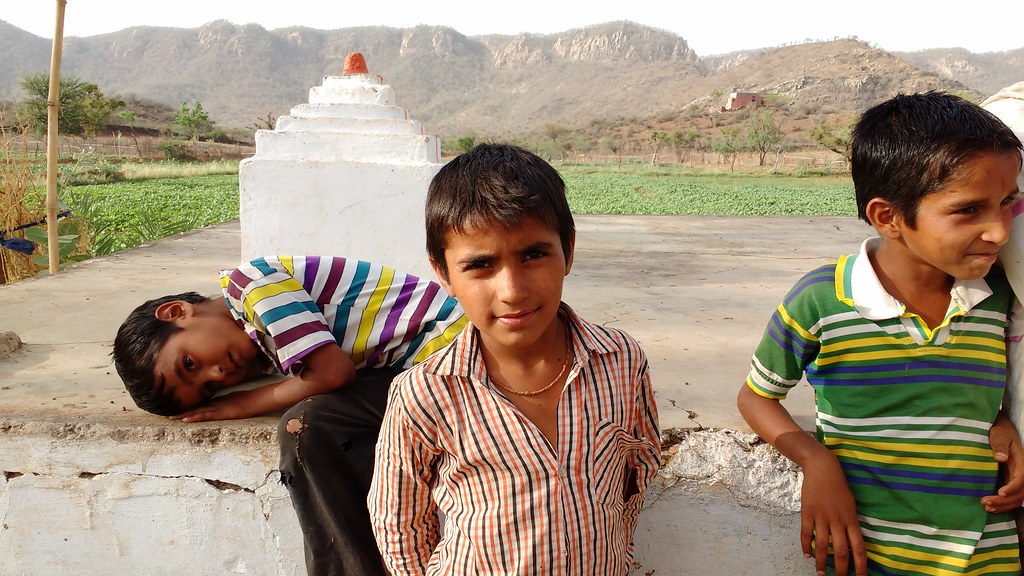'Chennai is not water-starved any more'

It's not without reason that the Third World War is predicted to be triggered by water scarcity. The numbers themselves give us enough reason to be worried- by 2025, 60 per cent of India is expected to be living in towns and cities. Bore wells are getting deeper, urban areas brimming with population, and some already suffer from water shortage. However, success stories of humble organisations like the Rain Centre in Chennai let the results speak for themselves, and keep hope alive. Chennai owes the success of its rainwater harvesting to Dr. Raghavan, and the work done through his Rain Center.



 The impact of climate crisis on people across the world is highly disproportionate but no other group is as vulnerable as children in low income families of developing countries. Children are not emotionally and physically capable of understanding the dangers during extreme weather events and are dependent on adults for their survival. They are more susceptible to water and vector borne diseases, malnutrition and they are forced into labour due to economic challenges induced by climate crisis.
The impact of climate crisis on people across the world is highly disproportionate but no other group is as vulnerable as children in low income families of developing countries. Children are not emotionally and physically capable of understanding the dangers during extreme weather events and are dependent on adults for their survival. They are more susceptible to water and vector borne diseases, malnutrition and they are forced into labour due to economic challenges induced by climate crisis. 







 Heat in Delhi is known to have a spatial distribution and is more in certain areas as compared to other. More focus on peripheral and vulnerable populations such as poor households and women and children, expansion of green spaces and improved access to electricity among the vulnerable populations can go a long way in coping with the effects of rising heat in the city in the years to come.
Heat in Delhi is known to have a spatial distribution and is more in certain areas as compared to other. More focus on peripheral and vulnerable populations such as poor households and women and children, expansion of green spaces and improved access to electricity among the vulnerable populations can go a long way in coping with the effects of rising heat in the city in the years to come.